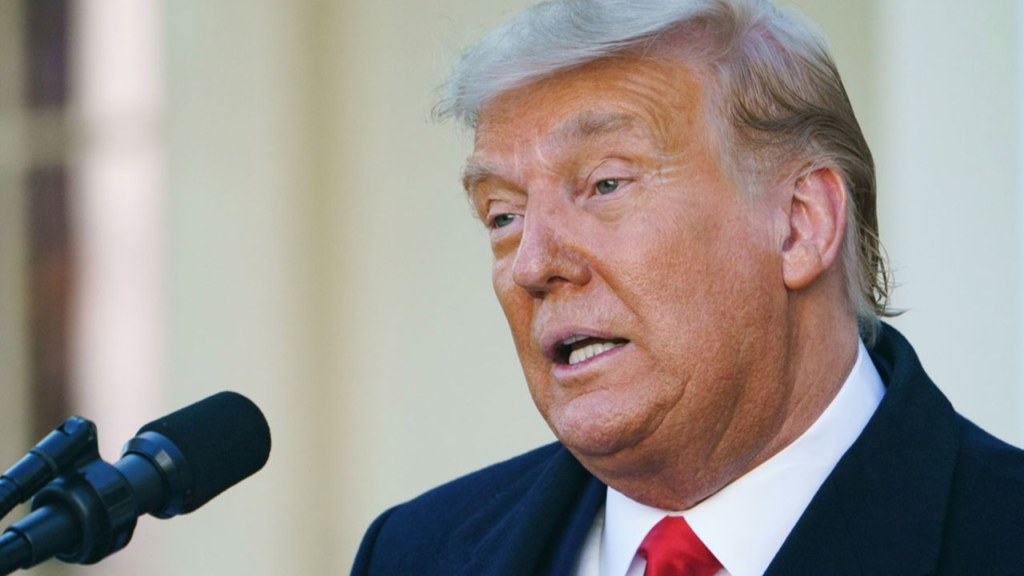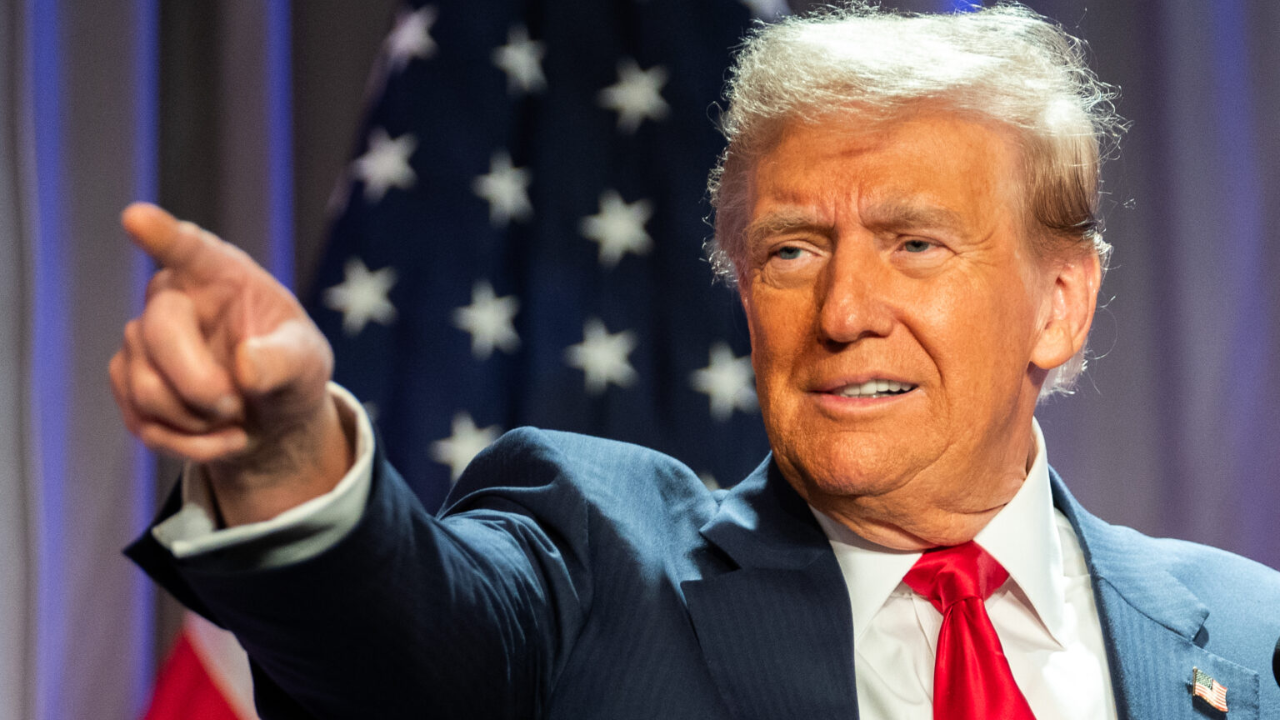Former U.S. President Donald Trump is proposing a major change to America’s Endangered Species Act (ESA), and surprisingly, it all comes down to just one word.
This change could lead to serious consequences for animals and the natural environment across the United States.
The Endangered Species Act was originally passed in 1973 during the presidency of Richard Nixon. Its purpose was clear—to protect animals and plants that are at risk of disappearing forever.
One of the key parts of the law says it is illegal to “harm” endangered species. Until now, that word has been interpreted in a broad way. It doesn’t just mean direct harm like hunting or killing. It also includes damaging the habitats that animals need to survive.
But Trump wants to narrow the definition of the word “harm.” Instead of protecting both the animals and their environments, the new interpretation would only protect the animals themselves.
That means activities like cutting down trees or building roads in sensitive areas could be allowed—even if they destroy the places endangered species live.
A Legal Loophole That Could Change Everything
If Trump’s proposed change is approved, the word “harm” would now only mean actions that directly hurt or disturb the animal. According to a draft, “harm” would be defined as “harass, harm, pursue, hunt, shoot, wound, kill, trap, capture, or collect” an endangered animal.
So, if someone destroys a forest where a rare owl lives—but doesn’t touch the owl—it would no longer count as harm.
Environmental groups and scientists are worried. They say this change would have “seismic consequences” for wildlife conservation.
Habitats are often the most important factor in helping endangered animals survive. If those habitats are lost, the animals won’t have a chance, no matter how protected they are on paper.
Why Trump Is Doing This?

This one-word change is not random. It’s part of a larger plan by Trump’s team to reduce environmental regulations.
They believe too many rules are slowing down business, especially in industries like construction, logging, and mining. Trump has always been a strong supporter of reducing government control to boost economic activity.
In fact, back in March, Trump signed an executive order to expand logging across 280 million acres of national forests and private lands. The goal? Reduce the country’s dependence on imported timber and boost the local economy.
During an interview last year with Joe Rogan, Trump said, “Environmental is the biggest tool for stopping growth.” As a former real estate developer, he has often criticized how projects are delayed or blocked if rare plants or animals are discovered on the land.
Trump has even promised to fast-track approvals for major companies. If a business invests more than $1 billion in a U.S. project, his administration would push to clear any environmental permits quickly. “GET READY TO ROCK!!!” he wrote on Truth Social in December.
A Quick Reversal of Biden’s Climate Work
On the first day of his second term, President Trump reversed many of former President Joe Biden’s environmental policies. Nearly 80 climate-related orders were repealed, including measures that offered more protection to endangered species.
The changes to the Endangered Species Act are expected to be one of the biggest rollbacks yet. Experts say this would make it much easier to build factories, roads, and housing in areas that were previously protected.
But the move isn’t final yet.
Will This Change Happen?
For the new rule to become official, it has to go through the federal rule-making process. This includes public comments, legal reviews, and potential court challenges.
In the past, many of Trump’s executive orders were blocked by courts. However, the current U.S. Supreme Court has a conservative majority, which means Trump’s side has a better chance of winning legal battles this time.
That said, environmental organizations are expected to fight hard against this change. They argue that it undermines decades of progress and could lead to the extinction of several species.
Right now, everything hinges on how the government defines just one word—“harm.” If that word changes, it could reshape America’s environmental policy for years to come.
Disclaimer- Our team has thoroughly fact-checked this article to ensure its accuracy and maintain its credibility. We are committed to providing honest and reliable content for our readers.






